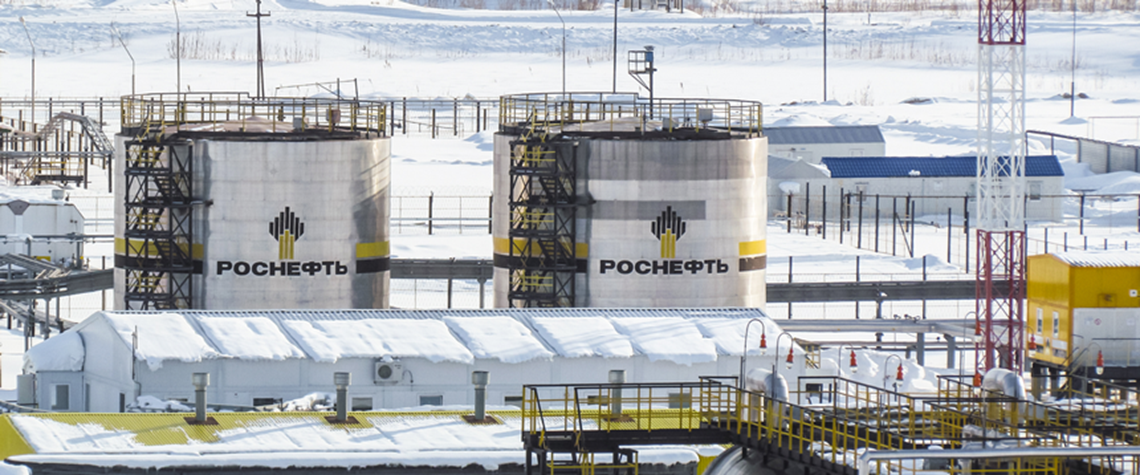BP, Equinor and Shell heap pressure on peers
The firms’ Russian exits will make remaining in the country difficult to justify for other IOCs
The decisions by BP, Shell and Norway’s Equinor to quit their Russian oil and gas businesses in response to the invasion of Ukraine have seen continuing licence to operate placed above immediate economics. It will now be very difficult for other IOCs, particularly those based in an angry and almost uniformly pro-Ukraine Europe, to resist calls for them to follow suit, even if they might be more reluctant to do so. BP will exit its stake in Russian oil company Rosneft, while Norway’s Equinor is to start withdrawing from its joint ventures (JVs) in Russia—which arose mainly from a 2012 cooperation agreement with Rosneft and had a value of c.$1.2bn at the end of 2021, according to Spanish bank

Also in this section
18 February 2026
With Texas LNG approaching financial close, Alaska LNG advancing towards a phased buildout and Magnolia LNG positioned for future optionality, Glenfarne CEO Brendan Duval says the coming year will demonstrate how the company’s more focused, owner-operator approach is reshaping LNG infrastructure development in the North America
18 February 2026
The global gas industry is no longer on the backfoot, hesitantly justifying the value of its product, but has greater confidence in gas remaining a core part of the global energy mix for decades
18 February 2026
With marketable supply unlikely to grow significantly and limited scope for pipeline imports, Brazil is expected to continue relying on LNG to cover supply shortfalls, Ieda Gomes, senior adviser of Brazilian thinktank FGV Energia,
tells Petroleum Economist
17 February 2026
The 25th WPC Energy Congress, taking place in Riyadh, Saudi Arabia from 26–30 April 2026, will bring together leaders from the political, industrial, financial and technology sectors under the unifying theme “Pathways to an Energy Future for All”







